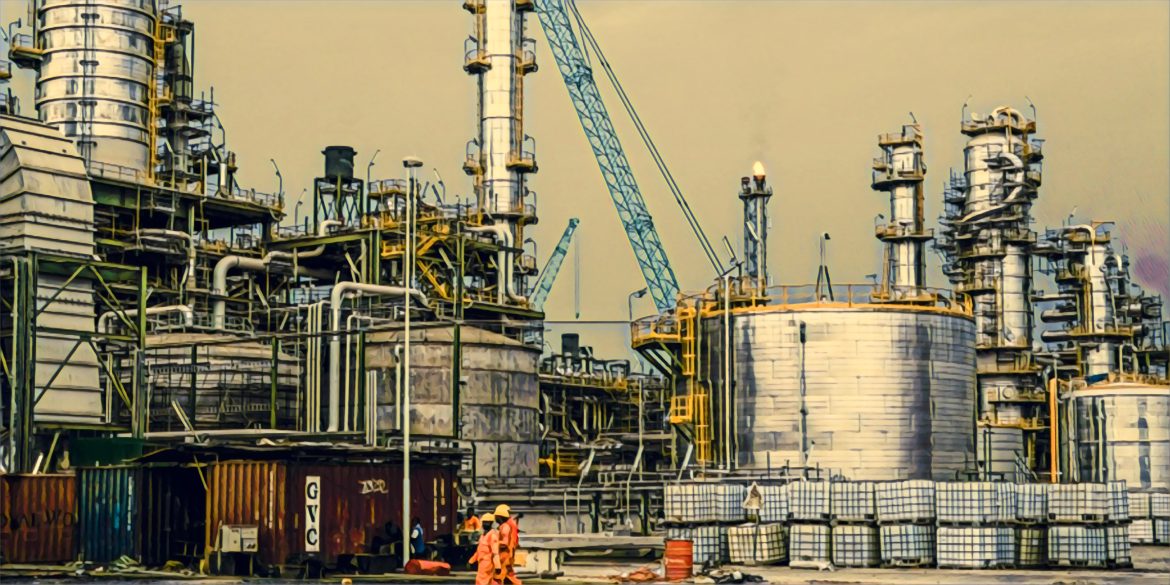KEY POINTS
- The strike led to a production loss of 600,000 barrels of crude oil.
- Dangote Refinery dismissed 800 workers, sparking nationwide protests.
- Nigeria’s oil output is expected to recover by year-end.
A three-day nationwide strike over job cuts at the Dangote Refinery has cost Nigeria an estimated 600,000 barrels of crude oil output, according to the head of the Nigerian National Petroleum Company (NNPC).
The disruption emphasises the delicate balance in Africa’s largest oil producer, where industrial tensions often threaten the stability of the energy supply chain.
Dangote Refinery strike disrupts production
Bayo Ojulari, NNPC’s chief executive, said the strike forced the shutdown of key facilities and deferred production. “It was unfortunate that the Dangote and PENGASSAN issue led to a strike. Whenever critical staff managing vital operations are unavailable, optimum production becomes impossible.
In this particular case, we lost significant production of over 200,000 barrels per day that was deferred,” he told reporters.
The Petroleum and Natural Gas Senior Staff Association of Nigeria (PENGASSAN) initiated the protest last month after Dangote Refinery reportedly dismissed about 800 employees. The labour group accused the company, owned by billionaire industrialist Aliko Dangote, of retaliating against workers for organising a union. Management denied the claims, describing the layoffs as part of a broader “staff restructuring,” and alleged that some of the dismissed employees engaged in “acts of sabotage.”
Rising tension amid production recovery
The Dangote Refinery strike comes at a sensitive time for Nigeria’s oil sector, which has been clawing back from years of underinvestment, theft, and infrastructure decay. Before the industrial action, production in September averaged between 1.7 million and 1.83 million barrels per day, buoyed by higher activity levels and improved security.
According to OilPrice, NNPC data showed that active drilling rigs rose from 31 in January to 50 by July, signalling renewed investor confidence. Nigeria also produced 7 billion cubic feet of natural gas daily last month. Ojulari said output in September averaged 1.68 million barrels per day, up from August, and predicted that production could reach 1.8 million barrels daily by December.



